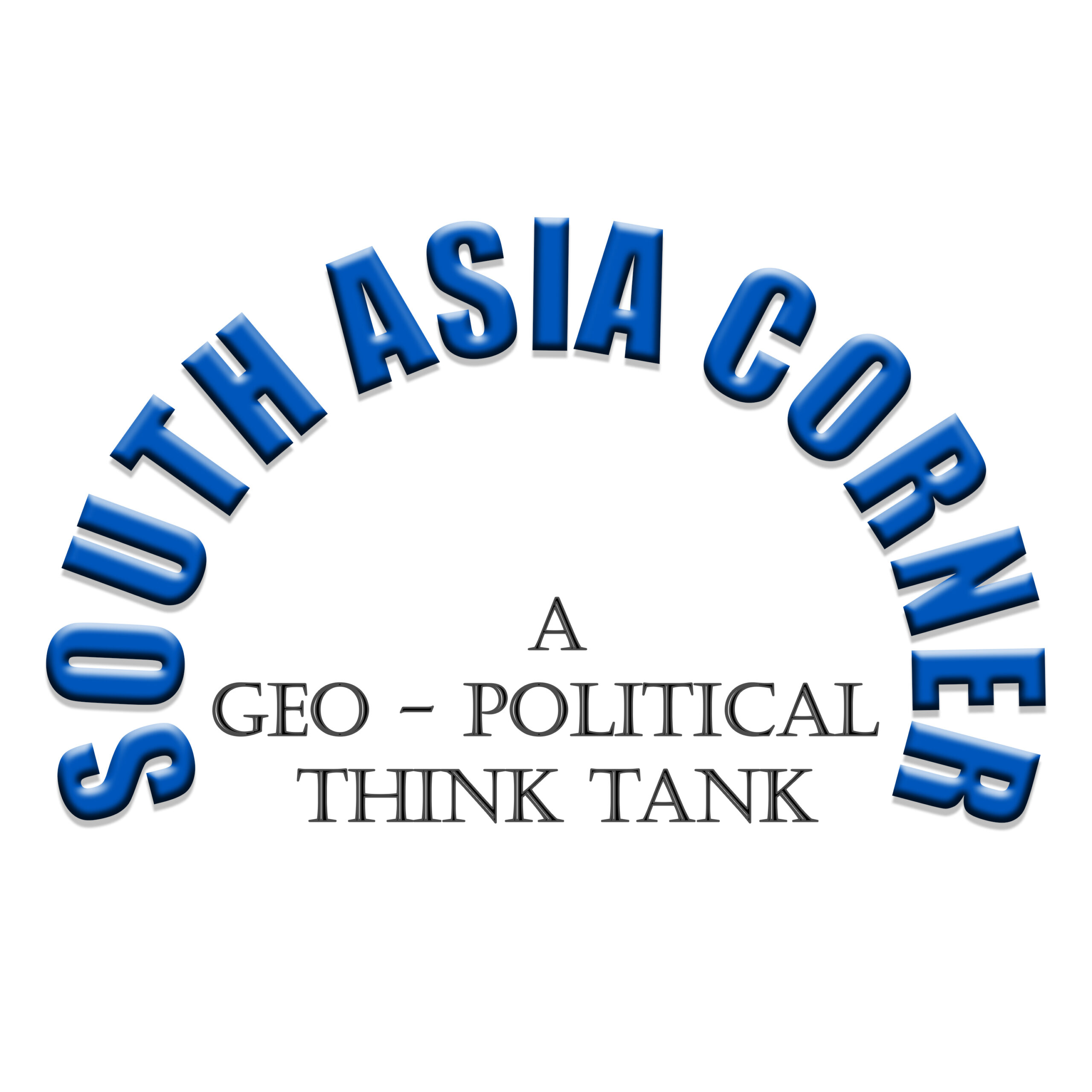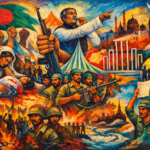What drives Bangladesh’s latest political reset? Who are these “student coordinators” demanding sweeping changes, and why has their agenda become so controversial? As Bangladesh grapples with another political upheaval led by a group of individuals who claim to represent the future of the nation’s politics, questions about their legitimacy, motives, and agenda abound. Are these coordinators championing democracy, or is this another attempt to destabilise the country by undermining its foundational values? What does their so-called reset mean for Bangladesh’s past, present, and future?
Who Are the ‘Student Coordinators,’ and What Do They Want?
Who exactly are these student leaders, and why have they suddenly become the face of a movement that claims to want to reshape the nation’s socio-political fabric? Branding themselves as a new force of change, these coordinators argue that the current system is stagnant and incapable of serving the nation’s needs. But do they have the people’s mandate? Are they truly representing the aspirations of the entire country, or are they simply a vocal minority seeking power?
Their demands include a radical re-evaluation of the country’s history, including questioning the relevance of the 1971 Liberation War. Why would they challenge a war that saw the sacrifice of millions and laid the very foundation of Bangladesh’s independence? What is the purpose of their narrative that seemingly critiques the core values that the country was built upon? And more importantly, why does their rhetoric alienate the people they claim to serve?
Are They Undermining the Spirit of 1971?
Why would a movement that purports to represent the future of Bangladesh disregard the country’s past? Why question the 1971 Liberation War, a conflict that was not merely a struggle for geographical freedom but also for democracy, human rights, and national identity? Can such a move really resonate with the Bangladeshi populace, for whom the war represents the heartbeat of the nation? Are the sacrifices made by the martyrs and freedom fighters now being reduced to a mere footnote in history?
Could it be that these student coordinators are more interested in pushing a new agenda—one that downplays the significance of the liberation struggle to suit their own objectives? Are they ignoring the contributions of those who gave their lives for the very freedoms that allow these coordinators to voice their opinions today? Is this really the kind of reform Bangladesh needs, or is it an attempt to rewrite the nation’s history?
### **What Is the Role of the Last Regime in All of This?**
Is the rise of these student coordinators linked to the discontent left behind by the last regime? Could the undemocratic tendencies, corruption allegations, and suppression of dissent during the previous government’s rule have created the fertile ground for a movement like this to emerge? Are these student coordinators truly motivated by the desire to reform the system, or are they capitalizing on the disillusionment left in the wake of the former government’s failings?
Moreover, why hasn’t the legitimacy of this movement been questioned more rigorously? Have they held any democratic elections within their ranks or sought the people’s mandate? Or is their agenda focused more on disruption than on creating a sustainable political alternative? What does this mean for a country already struggling with governance and unity?
What Are the Risks of a Fractured Nation?
Could this movement further fracture an already polarised nation? Can Bangladesh deepen its internal divisions when its political stability has been questioned? By questioning the relevance of the Liberation War—a unifying factor for many—aren’t these student coordinators risking a deeper divide? However, it’s important to remember that there is always potential for unity, even in such challenges. Is it wise to turn a chapter of national pride and unity into a contentious debate?
For many, the Liberation War is not just a historical event but the essence of national identity. So, what does it mean when the ideals defining the struggle for independence are challenged? Is this an act of political defiance or betrayal? And if the student coordinators continue down this path, could their actions lead to a fractured nation, unable to reconcile its past with its present? What are the potential long-term consequences of such a fracture?
Is There a Way to Build a United Future?
Given the unfolding events, how can Bangladesh navigate this political turmoil without losing sight of its core values? What does national unity mean in a context where history is being challenged? The student coordinators and the broader political establishment must find a way to engage in meaningful dialogue rather than letting the rhetoric of discord dictate the narrative. Respectful dialogue is key to understanding each other’s perspectives and finding common ground.
Is it possible to create a future that honours the sacrifices of the past while still addressing the demands of the present? This question weighs heavily on the shoulders of every Bangladeshi. How can the nation’s future be built on respect for its history, a commitment to democratic principles, and a focus on unity rather than division? It’s a delicate balance that is crucial for the nation’s progress.
What Does This Mean for Bangladesh’s Future?
What does the future hold for Bangladesh as the student coordinators continue to push for a reset? Can their movement lead to meaningful change, or is it more likely to end in chaos and division? With the nation’s collective memory so closely tied to the sacrifices of 1971, is it wise for any group to try and rewrite the story of the Liberation War?
If the movement persists, will it erode the spirit of unity and national pride that has held the country together since independence? How can Bangladesh ensure that any future path honours those who gave their lives for the country’s freedom and keeps the values they fought for at the heart of the nation’s identity?
What Questions Remain Unanswered?
With so many questions and uncertainties, how will the people of Bangladesh respond to this latest political upheaval? Will the nation rally around its history and values, or will it be swayed by a movement that challenges its very foundations? Can the student coordinators prove that their intentions are genuine, or will their actions continue to raise doubts?
What role will the broader public play in this political reset? Will they support the movement, or will they reject it as an attempt to undermine the sacrifices of 1971? And as Bangladesh stands at this crossroads, can it find a way to move forward without losing sight of what truly defines it as a nation?
For now, these questions remain unanswered. But one thing is sure: the spirit of liberation, born out of struggle and sacrifice, is a legacy the nation cannot afford to lose. Can Bangladesh balance the demands of a new generation with the values that have shaped its past? Only time will tell.







**mitolyn reviews**
Mitolyn is a carefully developed, plant-based formula created to help support metabolic efficiency and encourage healthy, lasting weight management.
**herpafend**
Herpafend is a natural wellness formula developed for individuals experiencing symptoms related to the herpes simplex virus. It is designed to help reduce the intensity and frequency of flare-ups while supporting the bodys immune defenses.
**men balance**
MEN Balance Pro is a high-quality dietary supplement developed with research-informed support to help men maintain healthy prostate function.
**neuro sharp**
Neuro Sharp is an advanced cognitive support formula designed to help you stay mentally sharp, focused, and confident throughout your day.
**boostaro official**
Boostaro is a purpose-built wellness formula created for men who want to strengthen vitality, confidence, and everyday performance.